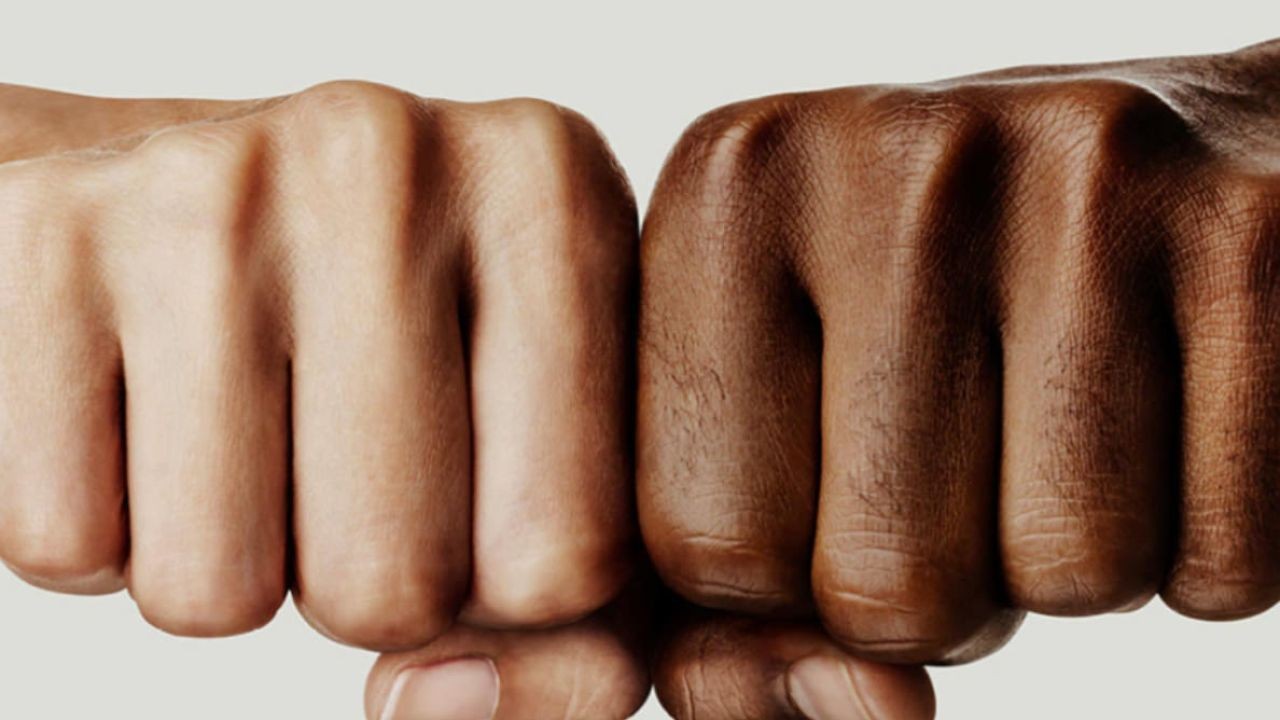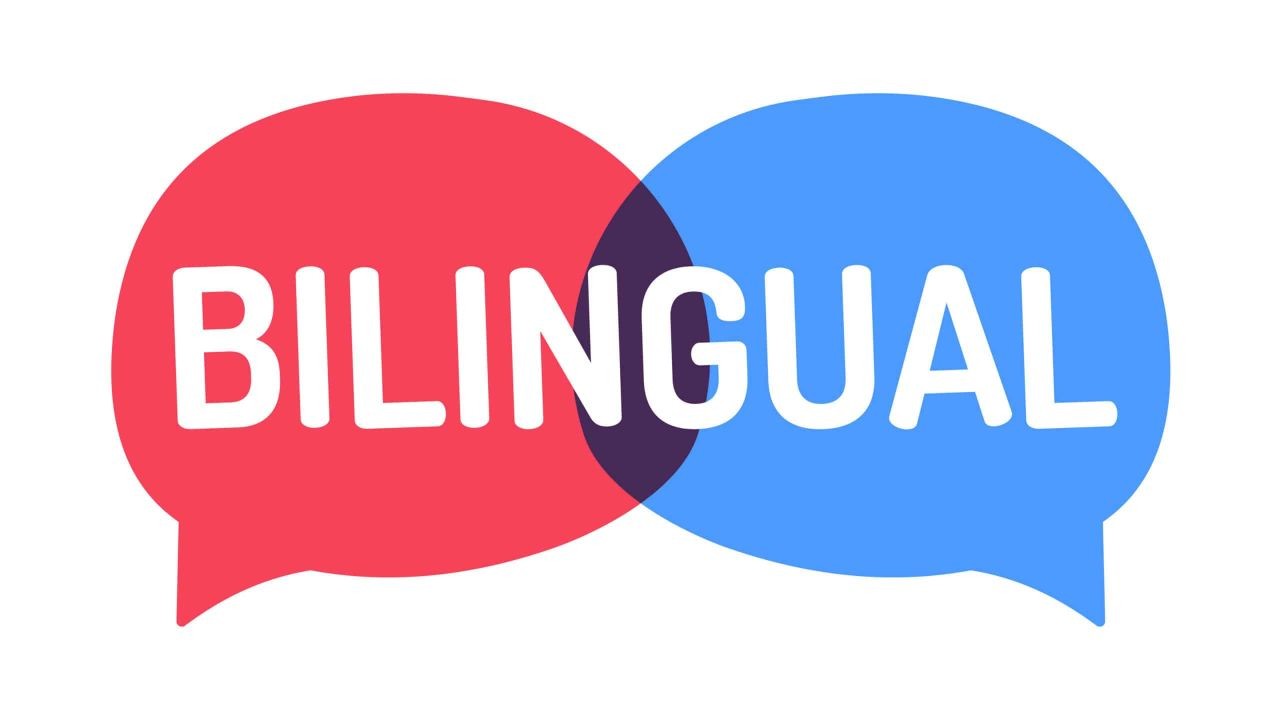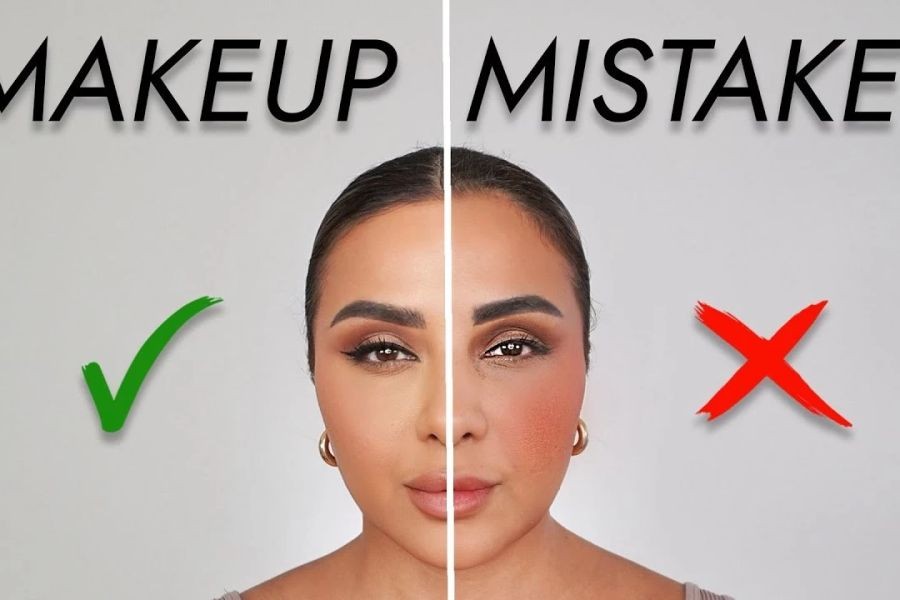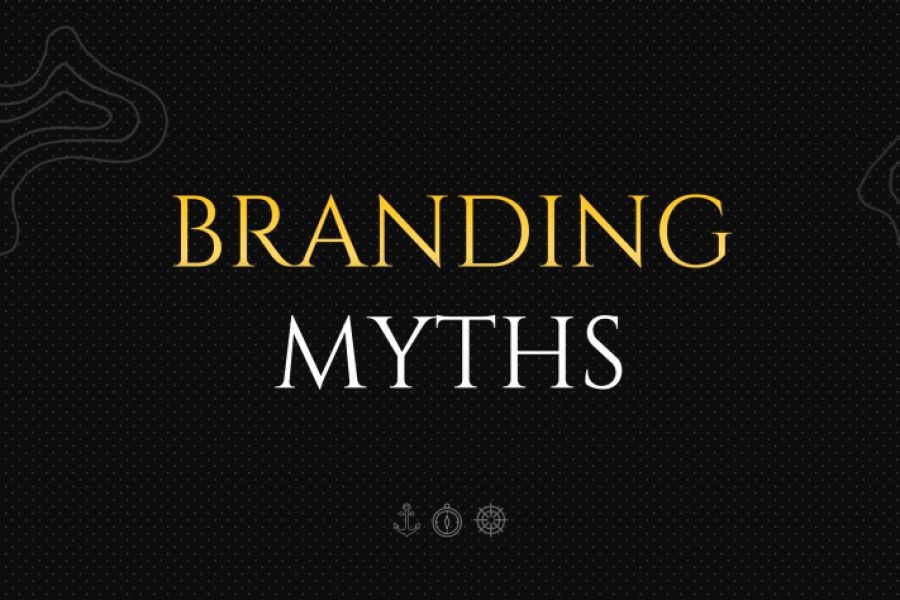Racial inequality remains a pressing issue worldwide, and New Zealand is no exception. The healthcare sector, in particular, can play a pivotal role in addressing these disparities. As a healthcare consultant, understanding the dynamics of racial inequality in New Zealand and implementing strategies to raise awareness can lead to more equitable healthcare outcomes.
Understanding Racial Inequality in New Zealand
New Zealand, known for its cultural diversity, still faces significant racial disparities, especially in healthcare. The Ministry of Health’s 2022 report highlighted that Māori and Pasifika populations experience poorer health outcomes compared to their Pākehā counterparts. This disparity is not just a healthcare issue but a reflection of broader systemic inequalities.
Comparative Analysis: New Zealand vs. Global Context
Globally, countries like the United States and Canada have faced similar challenges with racial inequality. However, New Zealand's unique blend of indigenous and immigrant cultures presents distinct challenges and opportunities. For instance, while the U.S. focuses on African American and Hispanic populations, New Zealand's primary focus is on Māori and Pasifika communities. This requires tailored strategies that consider cultural nuances and historical contexts.
How Racial Inequality Affects Healthcare
Racial inequality impacts various aspects of healthcare, from access and quality of care to health outcomes. In New Zealand, Māori are less likely to receive timely healthcare interventions, leading to worse health outcomes. A study by Stats NZ found that life expectancy for Māori is 7.3 years less than for non-Māori. Addressing these inequities requires a multifaceted approach.
Strategies for Raising Awareness
- Community Engagement: Involve local communities in health decision-making processes. This empowers them and ensures that their specific needs are addressed.
- Cultural Competence Training: Healthcare professionals should receive training to understand and respect cultural differences, improving patient-provider relationships.
- Data-Driven Approaches: Leverage data from institutions like Stats NZ to identify disparities and target interventions effectively.
Real-World Case Study: Whānau Ora Approach
Problem: Māori populations faced significant barriers in accessing healthcare, contributing to poorer health outcomes.
Action: The Whānau Ora approach was implemented, focusing on a holistic model of care that empowers whānau (families) as a whole, rather than individual members.
Result: This approach led to improved health outcomes, with many families reporting better access to healthcare services and a stronger sense of empowerment.
Takeaway: A holistic, culturally sensitive approach can significantly improve healthcare outcomes for marginalized communities in New Zealand.
Common Myths & Mistakes
Myth: "Racial inequality is not a significant issue in New Zealand."
Reality: Stats NZ data shows substantial health disparities among different racial groups, underscoring the need for targeted interventions.
Myth: "All cultural training is the same."
Reality: Effective cultural training should be specific to the communities served, acknowledging historical and social contexts.
Myth: "Data collection is enough to solve the problem."
Reality: While data is crucial, it must be paired with actionable strategies and community involvement to drive meaningful change.
Future Trends & Predictions
By 2025, New Zealand's healthcare system is expected to integrate more technology-driven solutions to address racial disparities. AI and data analytics will play a critical role in tailoring healthcare interventions. The Reserve Bank of New Zealand predicts that investment in health technology will increase by 30%, focusing on tools that enhance cultural competence and patient engagement.
Conclusion
Tackling racial inequality in New Zealand requires a concerted effort from all sectors, particularly healthcare. By adopting culturally sensitive approaches and leveraging data-driven strategies, we can create a more equitable healthcare system. As a healthcare consultant, your role is pivotal in guiding these efforts and ensuring that all New Zealanders receive the quality care they deserve.
Are you ready to make a difference? Join the conversation and share your insights on how we can collectively address racial inequality in New Zealand's healthcare system.
People Also Ask
- How does racial inequality impact healthcare in New Zealand? Racial inequality leads to disparities in healthcare access and outcomes, with Māori and Pasifika populations experiencing higher rates of chronic illnesses and lower life expectancy.
- What are the best strategies for addressing racial inequality in healthcare? Effective strategies include community engagement, cultural competence training, and leveraging data-driven approaches to target interventions.
- What upcoming changes could affect racial inequality in New Zealand? By 2025, advancements in health technology and AI are expected to enhance culturally competent care, reducing disparities in health outcomes.
Related Search Queries
- Racial inequality in New Zealand healthcare
- Strategies to address health disparities in NZ
- Whānau Ora success stories
- Cultural competence in NZ healthcare
- Future of healthcare in New Zealand































